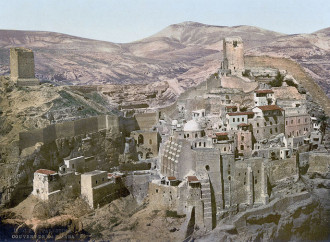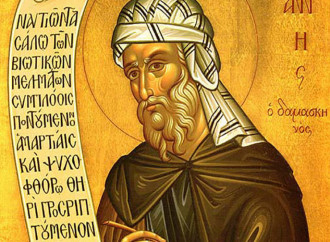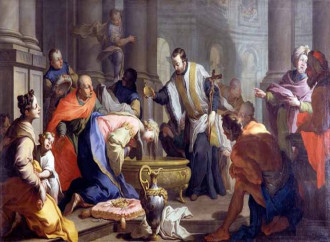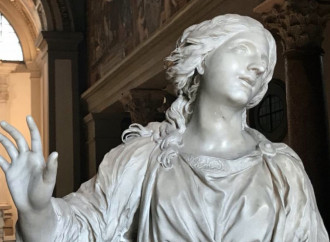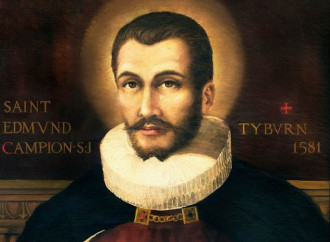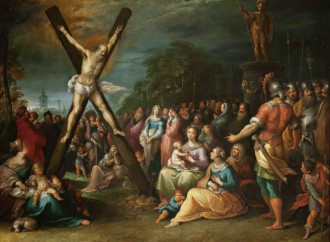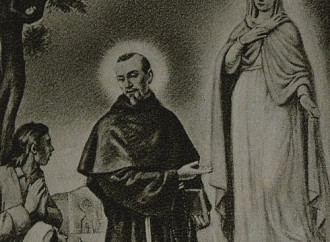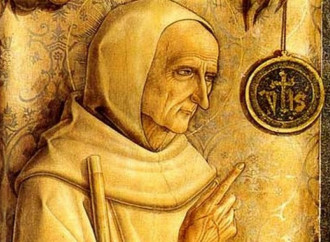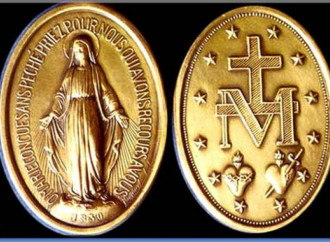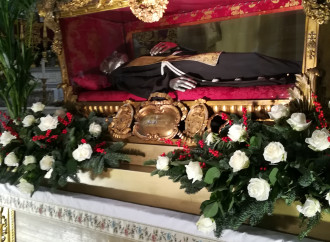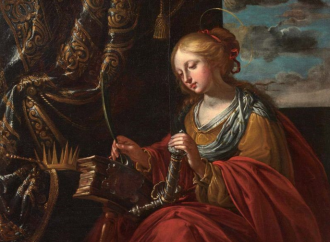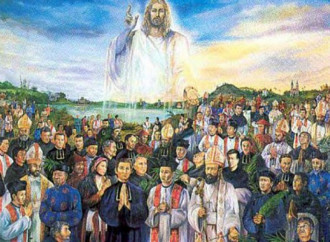Saint Sabbas the Archimandrite
Founder of a particular type of monastery, called “lavra,” he played a substantial role in the spread of Eastern monasticism.
Saint John Damascene
He wrote sublime pages about the Blessed Virgin and was able to refute the then widespread iconoclasm.
Saint Francis Xavier
He is considered the greatest missionary of modern times.
Saint Bibiana
Her martyrdom was perpetrated during the historical interlude of the empire of Flavius Claudius Julianus (361-363), known as the Apostate.
Saints Edmund Campion and Companions
Saint Edmund Campion (1540-1581), known as the Pope’s Champion, was born in London during the vicious years of the Anglican Schism.
Saint Andrew
He was the first apostle to lead Peter to the Lord. Andrew preached the Gospel in Asia Minor and Scythia. He suffered martyrdom in Greece, in Patras, where he was crucified on an X-shaped cross.
Saint Francis Anthony Fasani
He had joined the Franciscans as an adolescent taking the religious name of the two saints of the Order to whom he was most devoted, Francis of Assisi and Anthony of Padua.
Saint James of the Marches
He spent his life in the service of the Church, becoming one of the leading figures in the 15th century together with his friends Bernardine of Siena and John of Capistrano.
Blessed Virgin of the Miraculous Medal
On 27 November 1830, the Blessed Virgin appeared to Catherine Labouré. The saint saw Our Lady wearing a white dress like the dawn, a blue mantle and a long white veil, standing on a half globe enveloped in the coils of a snake.
Saint Leonard of Port Maurice
In 1731, he obtained the Brief Exponi nobis from Clement XII, which authorised the installation of the Stations of the Cross in all the churches. St Leonard also introduced the meditations for each of the 14 Stations.
Saint Catherine of Alexandria
She lived in one of the most important cultural and religious centres of antiquity and was “filled with sharp wit, wisdom and strength of spirit” (Roman Martyrology).
Holy Martyrs of Vietnam
The 117 martyrs of Vietnam that the Church celebrates today remind us of how the Christian faith has been enlivened and transmitted over the centuries thanks to the example of many luminous witnesses, who accepted to sacrifice their lives to follow Christ crucified.
